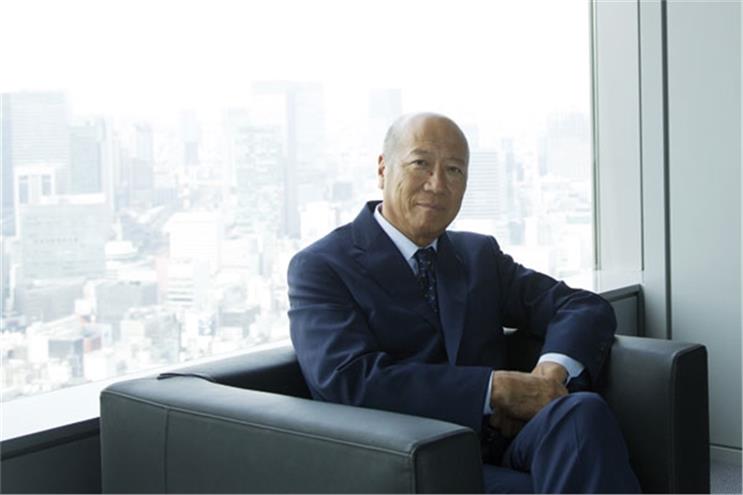
The move, which some industry observers foresaw, can be seen as a gesture of acceptance of responsibility for the December 2015 suicide of an overburdened young employee. Ishii led the company for nearly six years. One of Japan’s most powerful and influential entities, Dentsu now faces an unprecedented challenge in restoring its reputation. Here’s how the issue took shape.
December 2015 Matsuri Takahashi, a recent graduate of Tokyo University, commits suicide after complaining to family and friends of depression as a result of putting in extreme overtime in her work at Dentsu.
September 2016 A digital media division within Dentsu is accused of Toyota and other clients. Ishii later gives a detailing the scale of the problem and apologising to affected advertisers.
October 2016 A labour standards inspection . The ruling coincides with the release of a wider government report into karoshi (death from overwork), the first of its kind. It transpires that Takahashi worked in the same division implicated in the overbilling issue. Labour authorities searching for evidence of a culture that promoted illegal overtime.
November 2016 Dentsu to stamp out excessive overtime. They include cutting the maximum number of overtime hours staff can work in a month from 70 to 65, switching the lights off at 10pm and forming a committee to pay closer attention to junior and mid-level staff sentiment. The company renounces the ‘’ certification it received from the government in 2007.
Early December 2016 Dentsu from its staff handbooks. The rules were introduced in 1951 and designed to promote hard work and tenacity. While the list was seen by many as positive and inspirational, one in particular came in for criticism following Takahashi’s death: in an approximate translation, it told staff to ‘never give up on a task even if it kills you’.
Late December 2016 Dentsu receives the ‘Black Company Award’, an annual anti-prize handed by a group of rights activists to companies for hostile working conditions. While unofficial, it’s widely recognised in Japan and clearly PR recognition that no company wants. The Tokyo Labour Bureau announces that Dentsu will face prosecution for its excessive working hours. Almost immediately afterwards, Ishii announces his resignation. His successor will be appointed after a board meeting in January.
A version of this article first appeared on .



.jpg)
.jpeg)
